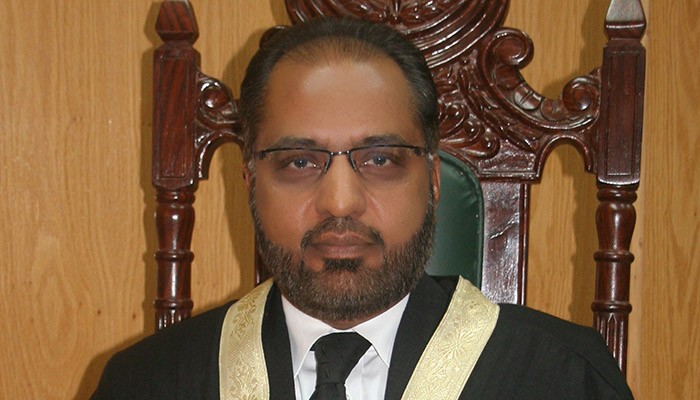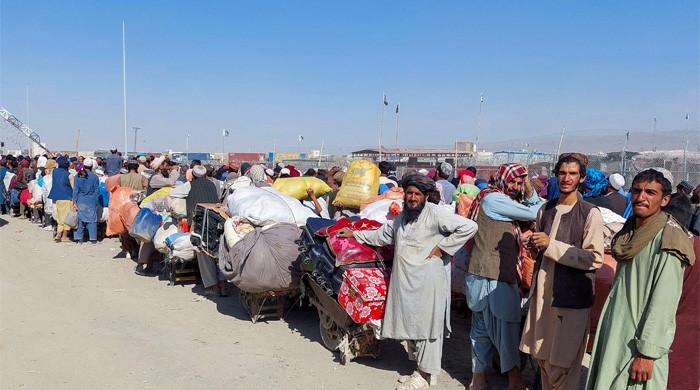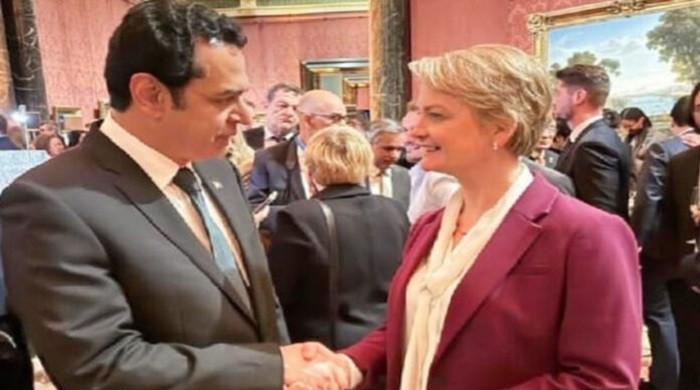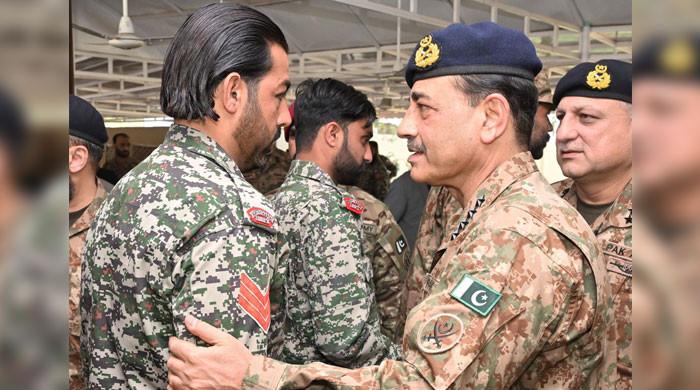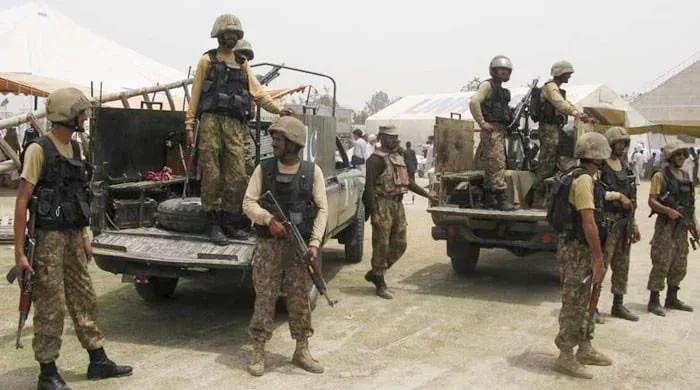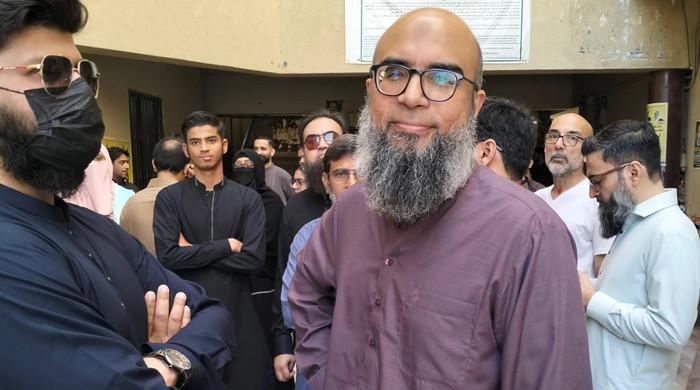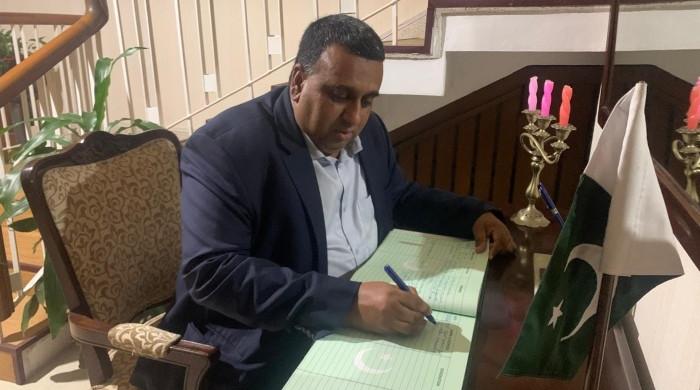SJC hearing against high court judges to be partly public, rules SC
Justices Shaukat Aziz Siddiqui and Farrukh Irfan had petitioned SC seeking open trial of 'misconduct'
May 10, 2018
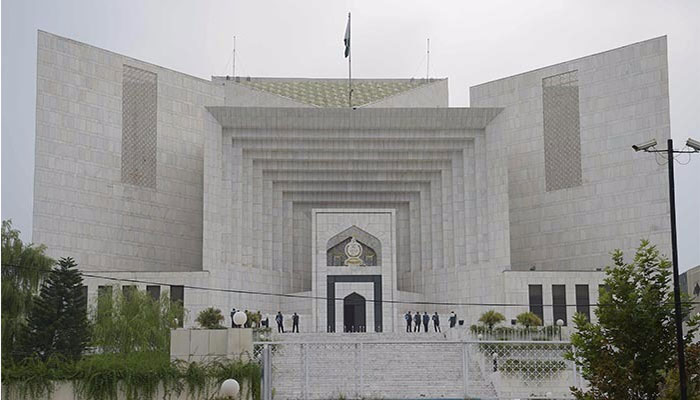
ISLAMABAD: A five-member bench of the Supreme Court ruled on Thursday that the proceedings of the Supreme Judicial Council (SJC) against two high court judges will be part secret and part public.
The bench had earlier reserved its verdict on petitions by Islamabad High Court Justice Shaukat Aziz Siddiqui and Lahore High Court Justice Farrukh Irfan seeking an open trial by the SJC over their alleged misconduct.
The SJC is the only constitutional authority to conduct inquiries into allegations of incapacity or misconduct against a senior judge.
Announcing the decision, Justice Sheikh Azmat Saeed, who headed the bench, observed that the SJC's proceedings are administrative and not judicial in nature.
The order states that the SJC proceedings will have two parts — the initial hearing regarding the probe will be in-camera while the second part will be open for public as per wishes of the judges.
The court also observed that this is what had been asked in the petitions.
The judges also directed the SJC to review its May 18 decision of last year, wherein it had rejected the IHC judge’s plea seeking open trial.
Later, the judge had challenged the order through a constitutional petition.
Justice Siddiqui contended in his petition that in-camera proceedings of misconduct against judges stigmatise their reputation.
While the hearings were under way, in February this year, the SJC issued a show cause notice to Justice Siddiqui for making “unwarranted comments about some important constitutional institutions” while passing an interim order in the Faizabad sit-in case.
“You knowing and purposely while adjudicating upon Writ Petition No. 3914 of 2017 made unnecessary and unwarranted comments about some important constitutional institutions,” says the notice issued under an order passed by the SJC.
The SJC consists of the Chief Justice of Pakistan, two next senior-most judges of the Supreme Court and two most senior chief justices of high courts.
